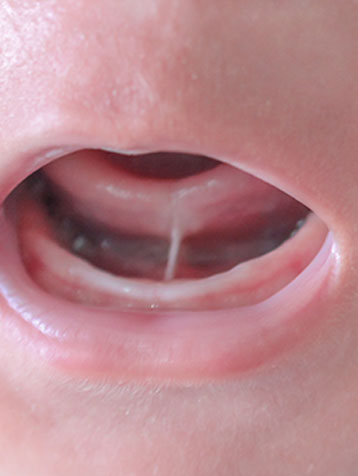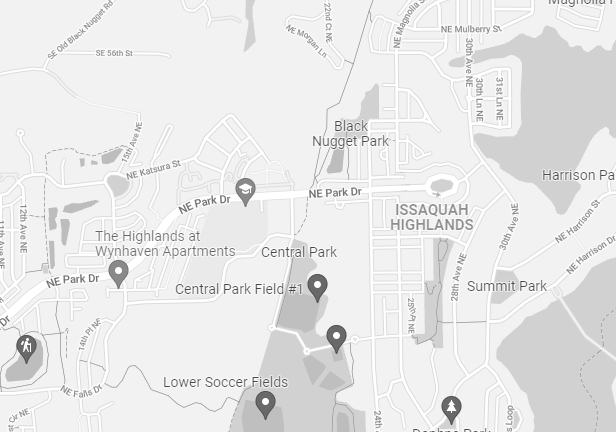Tongue-tie
Tongue-tie (ankyloglossia) is a condition present at birth that restricts the tongue's range of motion. It presents as an unusually short, thick or tight band of tissue (lingual frenulum) tethers the tongue's tip to the floor of the mouth.
Sometimes tongue-tie may not cause problems. Some cases may require a simple surgical procedure for correction.
Signs of tongue-tie include:
- Difficulty lifting the tongue to the upper teeth or moving the tongue from side to side
- Trouble sticking out the tongue past the lower front teeth
- A tongue that appears notched or heart-shaped when stuck out
Complications:
In babies:
Your baby has signs of tongue-tie that cause problems such as having trouble breast-feeding, causing pain during nursing for moms and fussiness and gassiness after nursing for babies.
Speech problem in toddlers and younger children:
Tongue-tie can interfere with the ability to make certain sounds — such as "t", "d", "z", "s", "th", "r" and "l".
Oral hygiene:
For an older child or adult, tongue-tie can make it difficult to sweep food debris from the teeth. This can contribute to tooth decay and inflammation of the gums (gingivitis).
Constricted upper jaw:
One of the roles of the tongue is advancing upper jaw to a wide, round shape. With restricted tongue movement, tongue isn’t able to move freely to the palate, causing narrow, deep palate which can lead to protruded upper front teeth.
Gum recession:
Over time, tongue can cause gum recession behind the lower front teeth as gum tissue will be pulled away from teeth by constant tongue movement.
Challenges with other oral activities:
Tongue-tie can interfere with activities such as licking an ice cream cone, licking the lips, or playing a wind instrument.
Sleep-related disorders:
Tongue ties can force the tongue to fall to the back of the throat during sleep, causing snoring, enlarged tonsils, interrupted sleep, and sleep apnea. Over time, the lack of good sleep has been shown to be a factor in ADHD and sensory disorders.
Our office provides gentle soft-tissue laser services for the revision of tongue ties. We also work with other specialists, like myofunctional therapists, chiropractors, speech therapists, and occupational therapists to help ensure that the tongue and connected muscles and tissues are working together in harmony. Please ask us your questions about this emerging health care topic.





